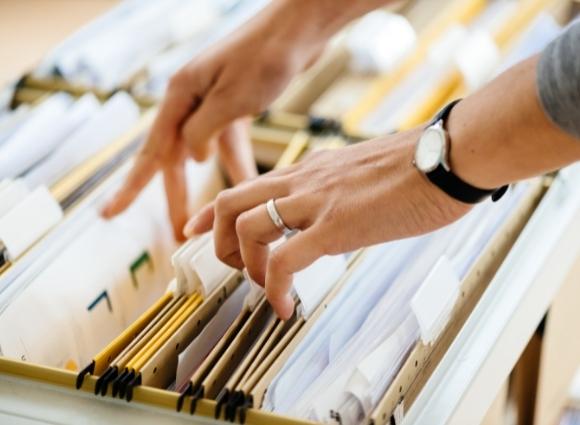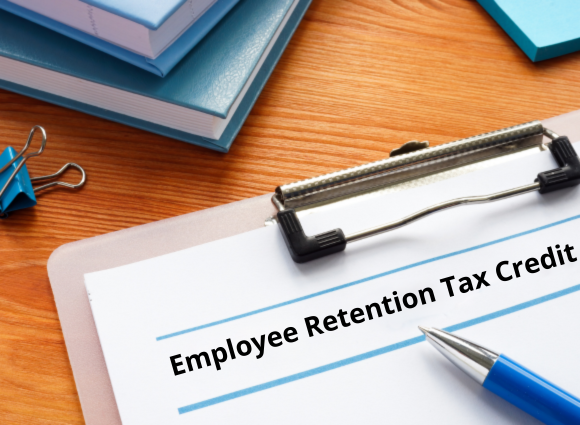
Good Records Keep Your Business Out of Trouble
To run a successful business, you need to focus on more than just day-to-day operations. It’s also critical to pay attention to all aspects of your business – sales & marketing, customer service, research & development, and accounting. If you fall short in any of these areas, your business won’t be as prosperous as you want it to be.
In the accounting area, having a good recordkeeping system will keep you out of trouble in a variety of ways. It will help you monitor your financial progress, keep track of your tax-deductible expenses, and provide support in case of an IRS audit. Your system should include not only recording income and expenses, but also maintaining supporting documentation such as receipts and invoices. Some types of expenses require special attention, such as the business use of your vehicle, having a home office, and travel, meals, and entertainment.
You can choose whatever recordkeeping system works for you but be aware that your type of business may affect specific records you need to maintain. You need to record purchases, sales, payroll, and other business transactions. You’ll need to maintain supporting documents like sales slips, paid bills, invoices, receipts, deposit slips, and canceled checks. Save these in an orderly fashion (for instance by year and type of income or expense) and in a safe place, either physically or digitally. If you maintain electronic copies of your supporting documents, be sure to make regular backups. Your business records must be available at all times for inspection by the IRS.
You also need to keep records for your business assets – property you own and use in your business such as machinery and furniture. Purchase and sales invoices and canceled checks can substantiate the information you need, which can include:
- When and how you acquired the asset
- Purchase price
- Cost of any improvements
- Section 179 deduction taken
- Depreciation deductions taken
- Any casualty losses
- How you used the asset
- When and how you disposed of the asset
- Selling price
- Selling expenses
Here’s a recent court case that illustrates issues that can arise from poor recordkeeping practices:
An emergency room doctor worked on a contract basis at a medical center and had a side business that provided emergency room physicians to overseas medical facilities. He claimed tax deductions related to his home office, travel, driving, continuing education, cost of goods sold, and interest . . . but the IRS disallowed most of the deductions.
In Tax Court, the doctor presented charts that listed out his expenses but didn’t provide receipts or other documentation reflecting that the expenses had actually been paid. He also neglected to provide documentation of which expenses were attributable to personal activity.
The court disallowed the deductions, indicating that without substantiation, he could not prove his expenses were ordinary and necessary to his business. “Even an otherwise deductible expense may be denied without sufficient substantiation.” (TC Memo 2022-1)
It’s also important to keep business records for the appropriate length of time. Our Business Records Retention Schedule can help. For other questions about recordkeeping for your business, contact your Mize relationship manager.



